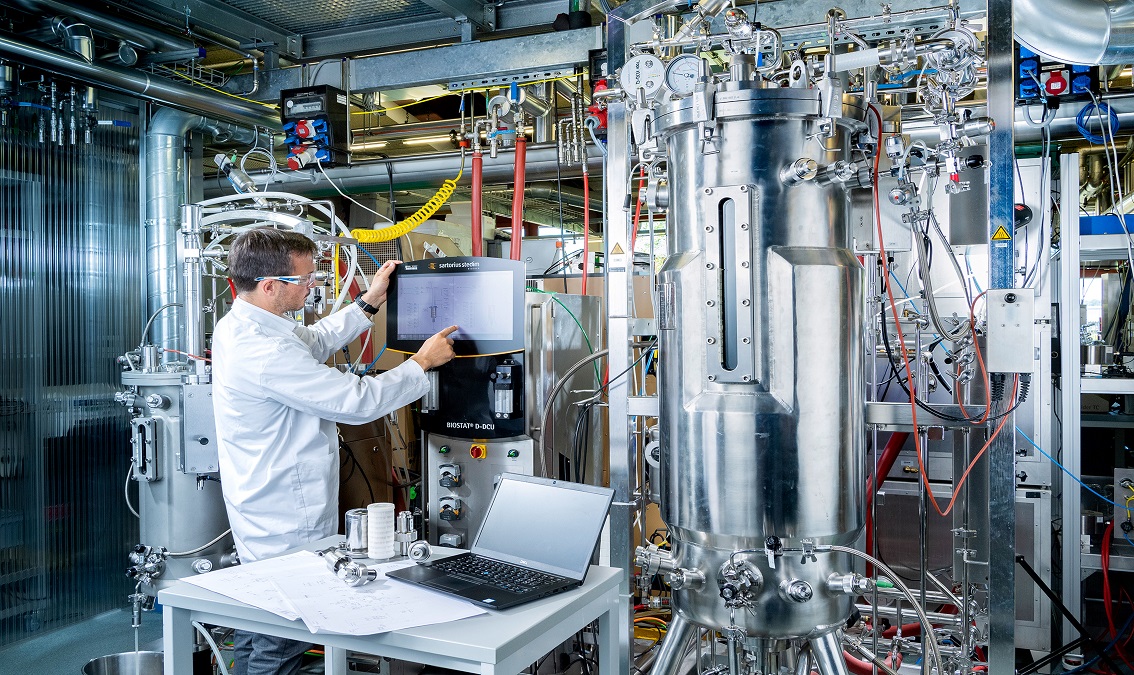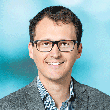
Regine Eibl
Prof. Dr. Ing., Lecturer and Head Cell Cultivation Techniques
Regine Eibl has held an engineering degree in “Biotechnology” since 1987 and a Ph.D. in biotechnology from the Technical University in Köthen (Germany) in 1990. She brings more than 20 years of professional expertise in cell culture-based upstream process development, scaling-up, project and team management, and fundraising. Her main products of interest are biopharmaceuticals, cell therapeutics, and plant cell culture-based products. Regine Eibl collaborated and collaborates with numerous well-known companies in Switzerland and abroad (e.g., Bayer, Givaudan, Hoffmann-La Roche, Lonza, Nestlé, Sartorius, ThermoFisher Scientific).





